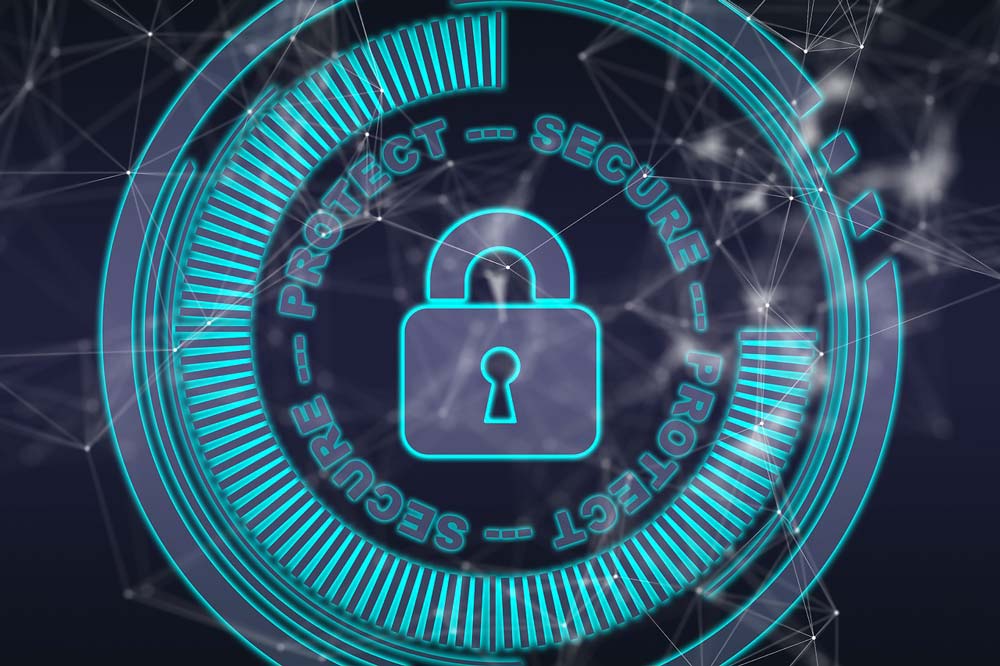Are you concerned about your online privacy? Do you want to erase your digital footprint and remove all traces of your online presence? If so, you’re not alone. In this blog post, we will discuss how to delete your digital footprint and protect your privacy online. We will cover a variety of tips and techniques that will help you erase your online presence and keep your personal information safe. So if you’re ready to take control of your digital life, read on!
Why would you want to erase your Digital Footprint?
From the photos you post on Instagram to your comments on a friend’s blog, your digital footprint is a record of your online activity. While there’s nothing wrong with having a digital footprint, some people prefer to keep their online presence to a minimum. There are a few reasons why you might want to erase your digital footprint. First, if you’re concerned about privacy, removing your online activity can help to protect your personal information. Second, if you’re applying for a job or seeking admission to a school, you may want to remove any negative comments or posts that could hurt your chances of being accepted. Finally, if you’re simply tired of being tracked online, deleting your digital footprint can help to give you some control over your personal data.
Is Your Digital Footprint Dangerous?
While this may not seem like a big deal, your digital footprint can actually be quite dangerous. Hackers and scammers can use this information to steal your identity or defraud you, and employers and landlords can use it to discriminate against you. As a result, it’s important to be careful about what you share online. You should also regularly check your privacy settings to make sure that only the people you want to see your information can do so.
Google Yourself
You may not realize it, but your digital footprint can significantly impact your reputation. That’s why it’s important to regularly “Google yourself” in order to see what information is out there. If you find anything that you’re not comfortable with, there are steps you can take to delete it. For example, you can contact the website owner and ask them to remove the offending content. In some cases, you may need to take legal action.
Clear Out Your Social Media
Even if your accounts are private, there are ways to find hidden Social media accounts online. With more and more employers conducting online background checks, it’s essential to make sure that your social media presence is professional and polished. Luckily, deleting your social media accounts is relatively simple. For most platforms, such as Facebook and Twitter, you can simply go to the Settings page and deactivate your account. However, deactivation is not the same as deletion-for many platforms, deactivating your account will simply hide your information from public view. If you want to completely delete your account, you’ll need to contact customer support. Be aware that there is no going back once you delete your account, so make sure that you really want to say goodbye to your social media profile before you hit the “delete” button.
Clean Up Your Browser History
Most people are aware that their browsing history is tracked online. But what many don’t realize is that this data can be used to build a profile of them – including their likes, dislikes, and even their identity. This information can then be sold to advertisers or used for other purposes. Luckily, there are steps you can take to clean up your browser history and protect your privacy. The first thing you should do is delete your cookies. Cookies are small files that are placed on your computer by the websites you visit. They contain information about your web activity and can be used to track you across the internet. o to your browser’s settings and clear the cache to delete your cookies. You should also consider using a private browsing mode, which will prevent your browsing history from being saved.
Erase Your Email History
Your email account likely contains a wealth of personal information – including your name, address, and even credit card numbers. This information can be accessed by anyone who hacks into your account. To protect your privacy, it’s important to regularly delete your email history. The easiest way to do this is to set up your account to automatically delete old emails. You can usually find this setting in the “Settings” or “Preferences” section of your email client. If you don’t want to delete your emails, you can also create a separate account that you only use for online transactions. This way, your main account will be less likely to be targeted by hackers.
By taking these simple steps, you can protect your privacy and clean up your digital footprint. Remember, the internet is a public square, so it’s important to be careful about what you share. By being mindful of your online presence, you can avoid potential problems down the road.
